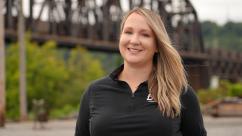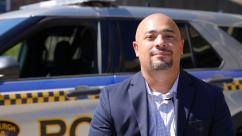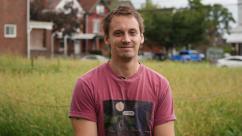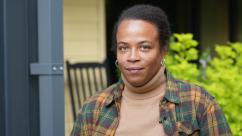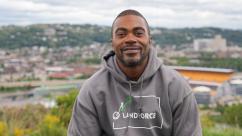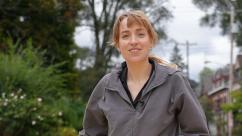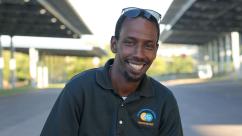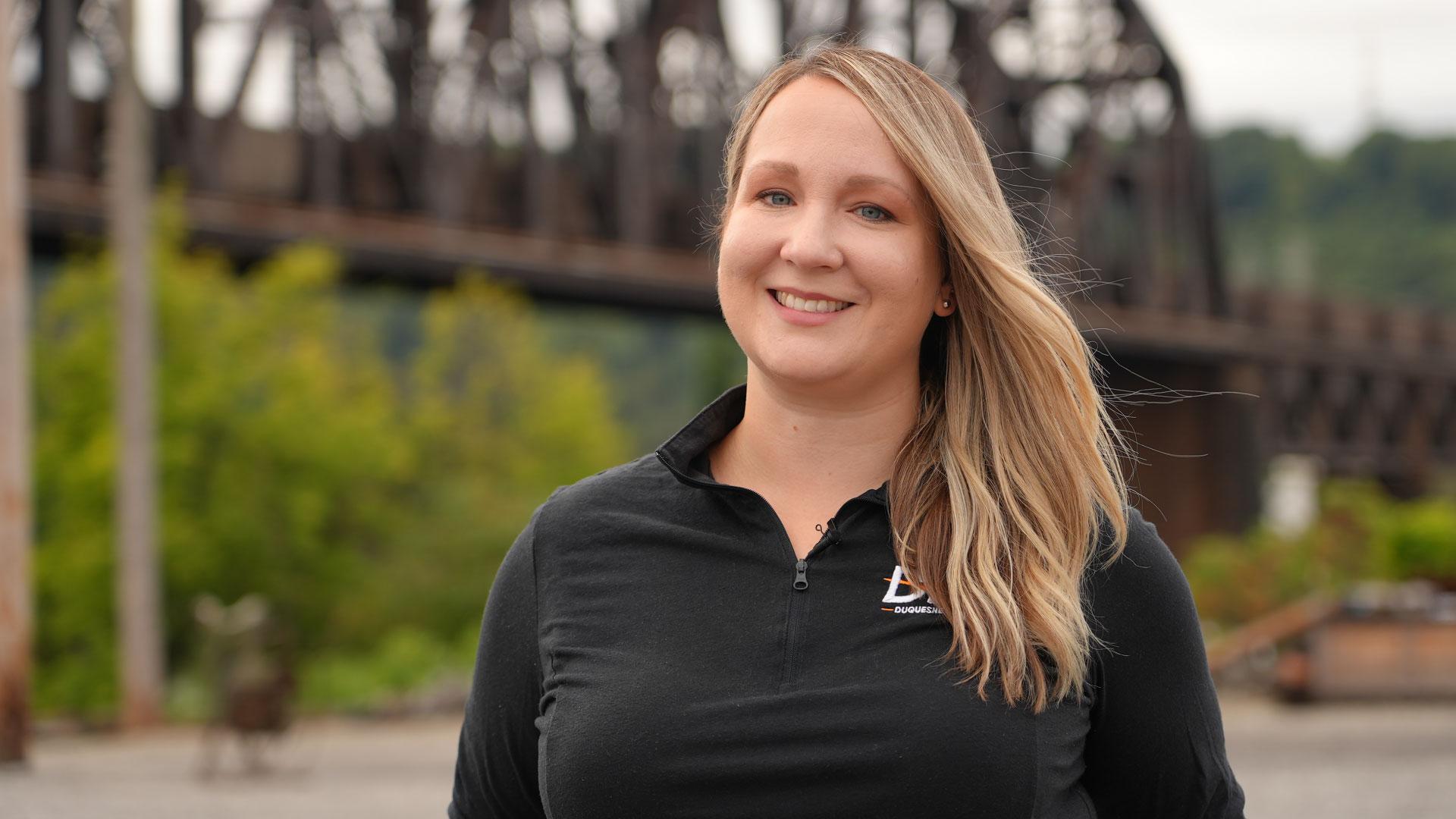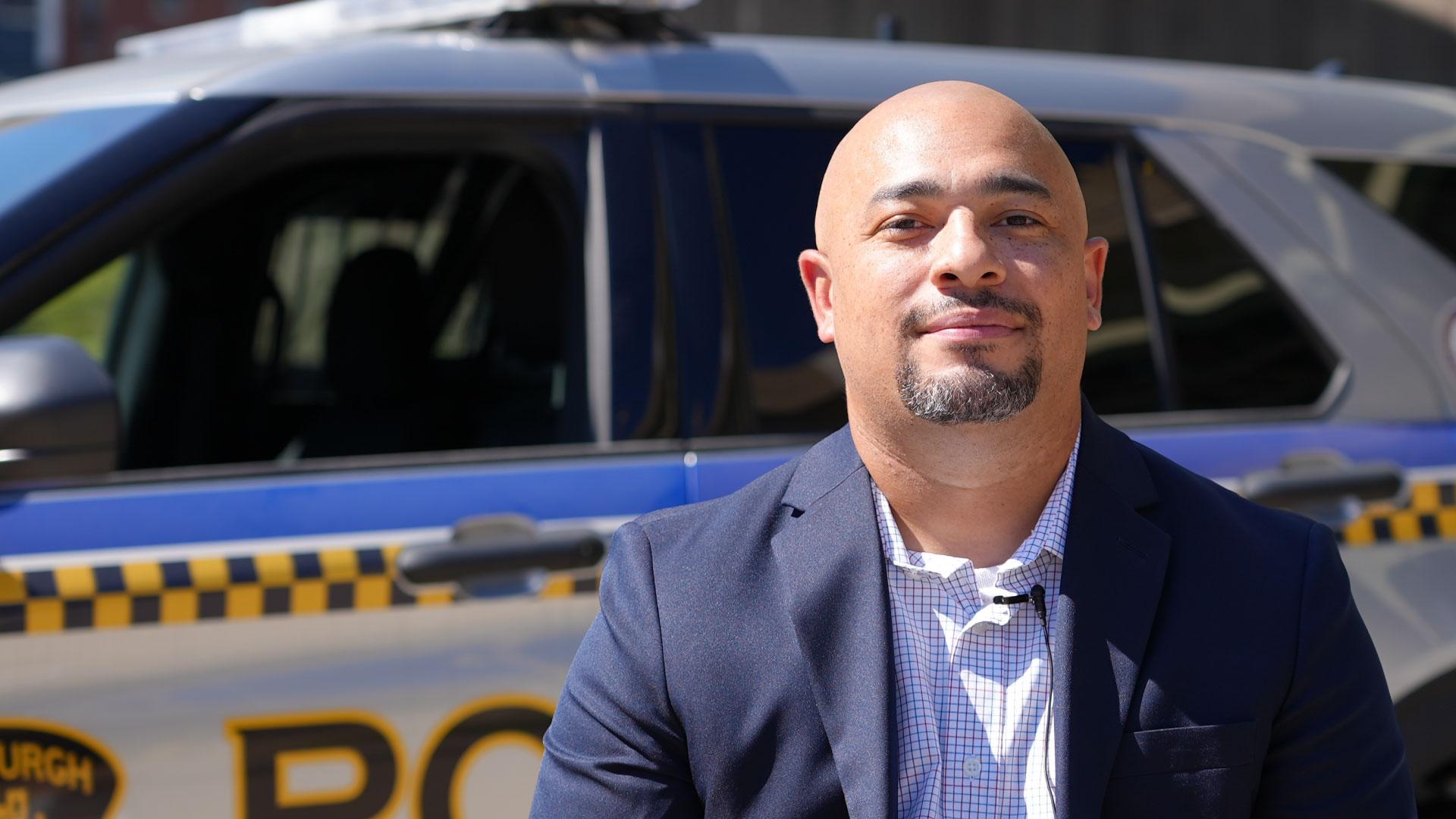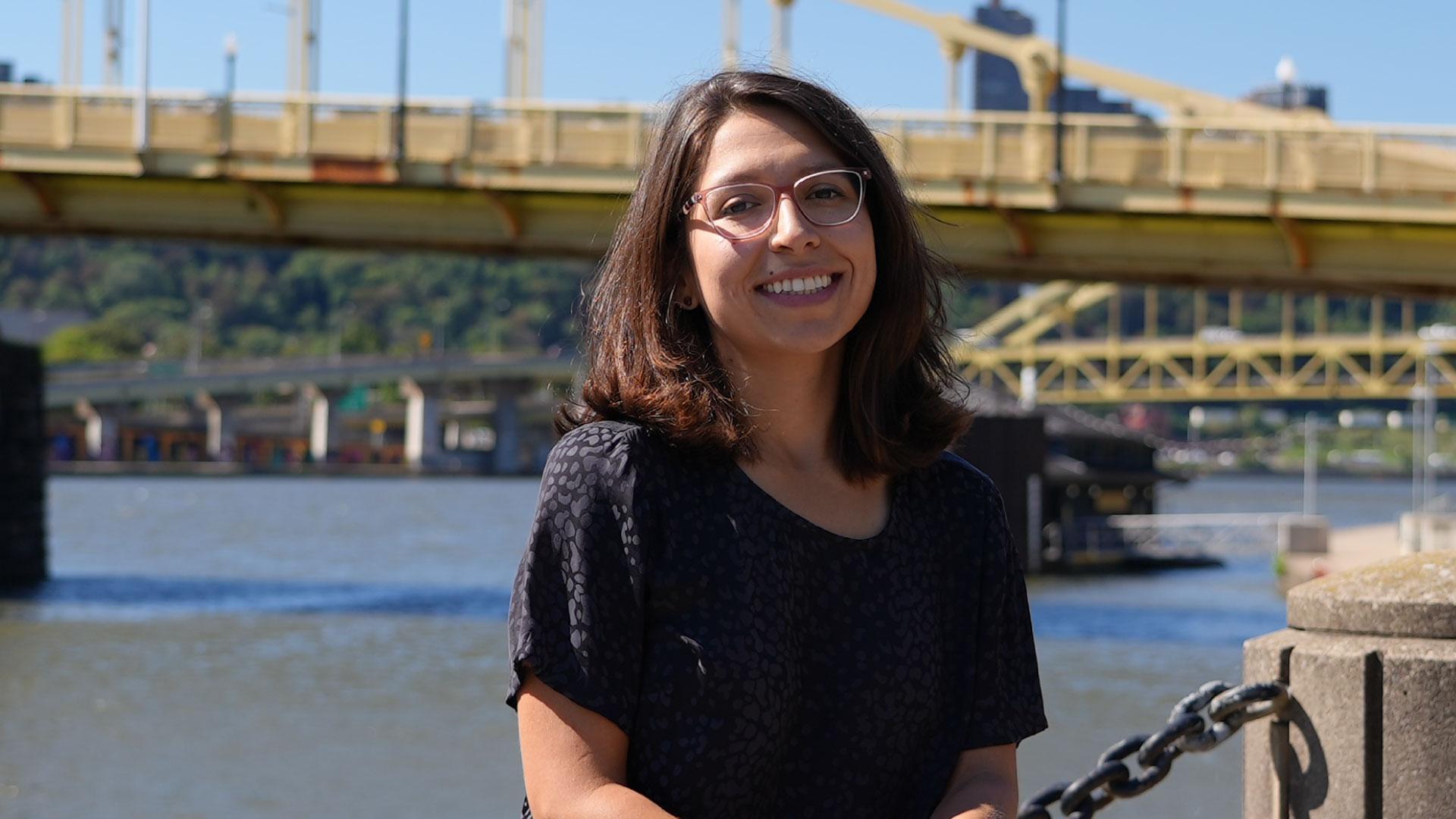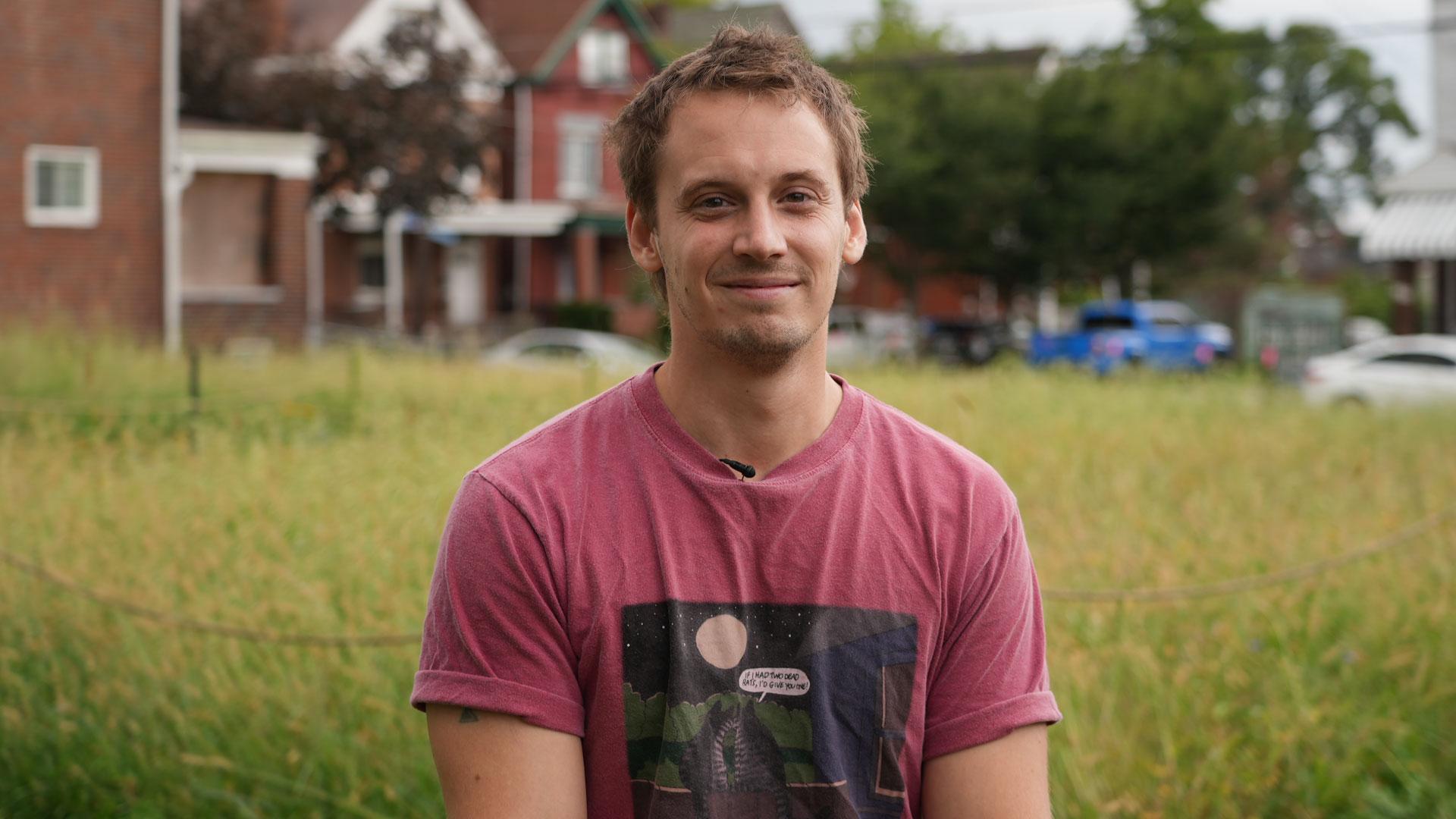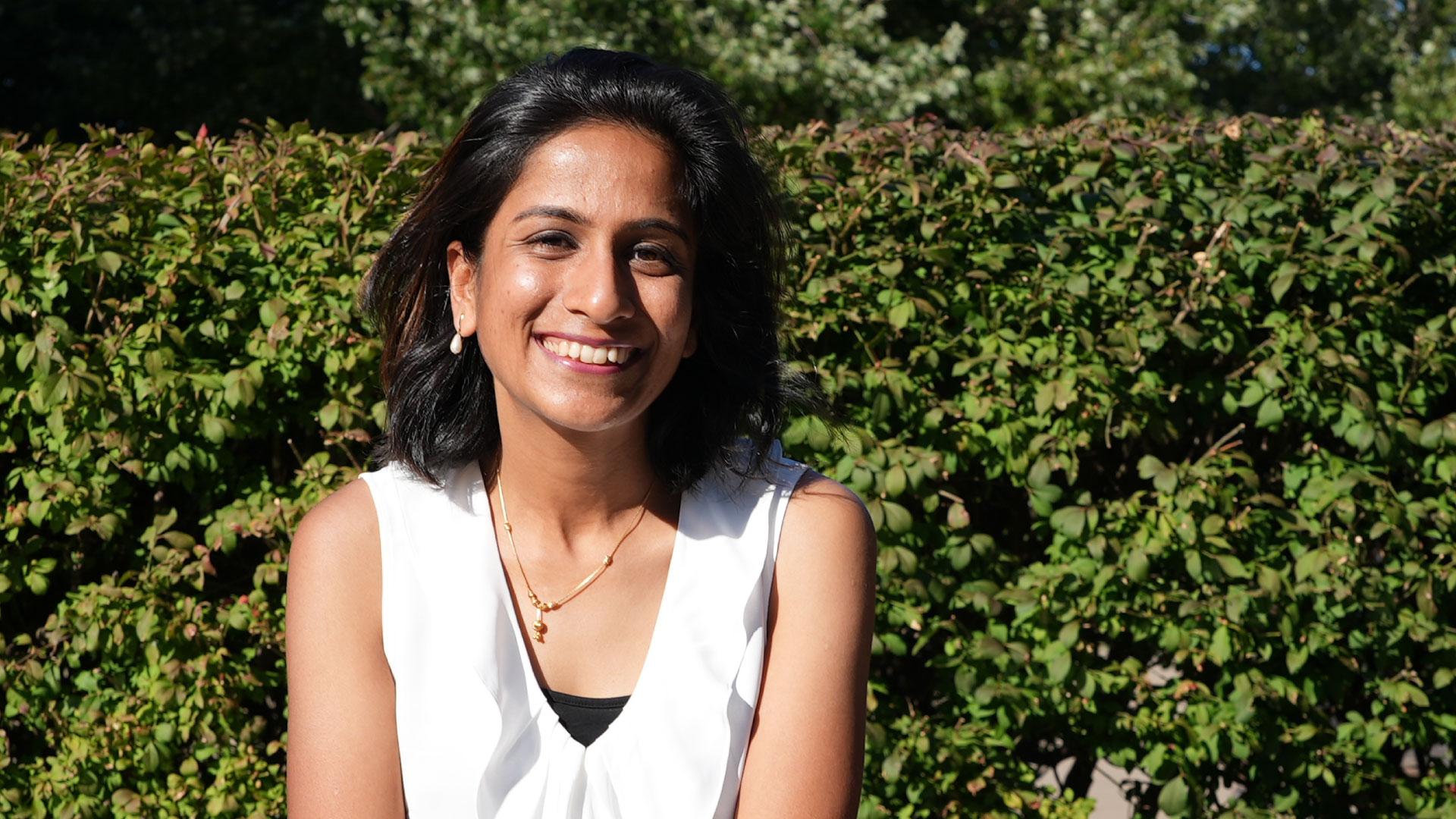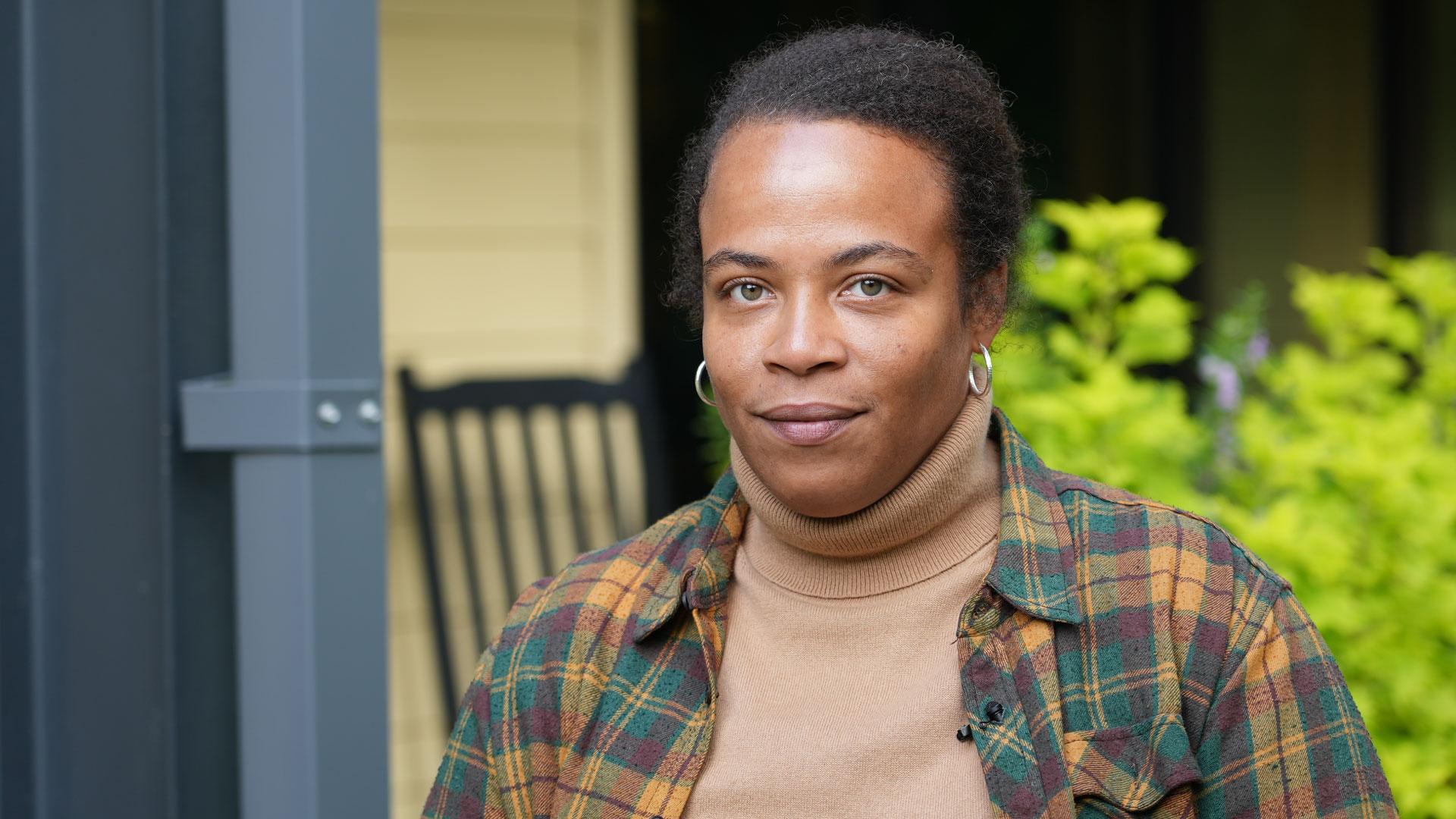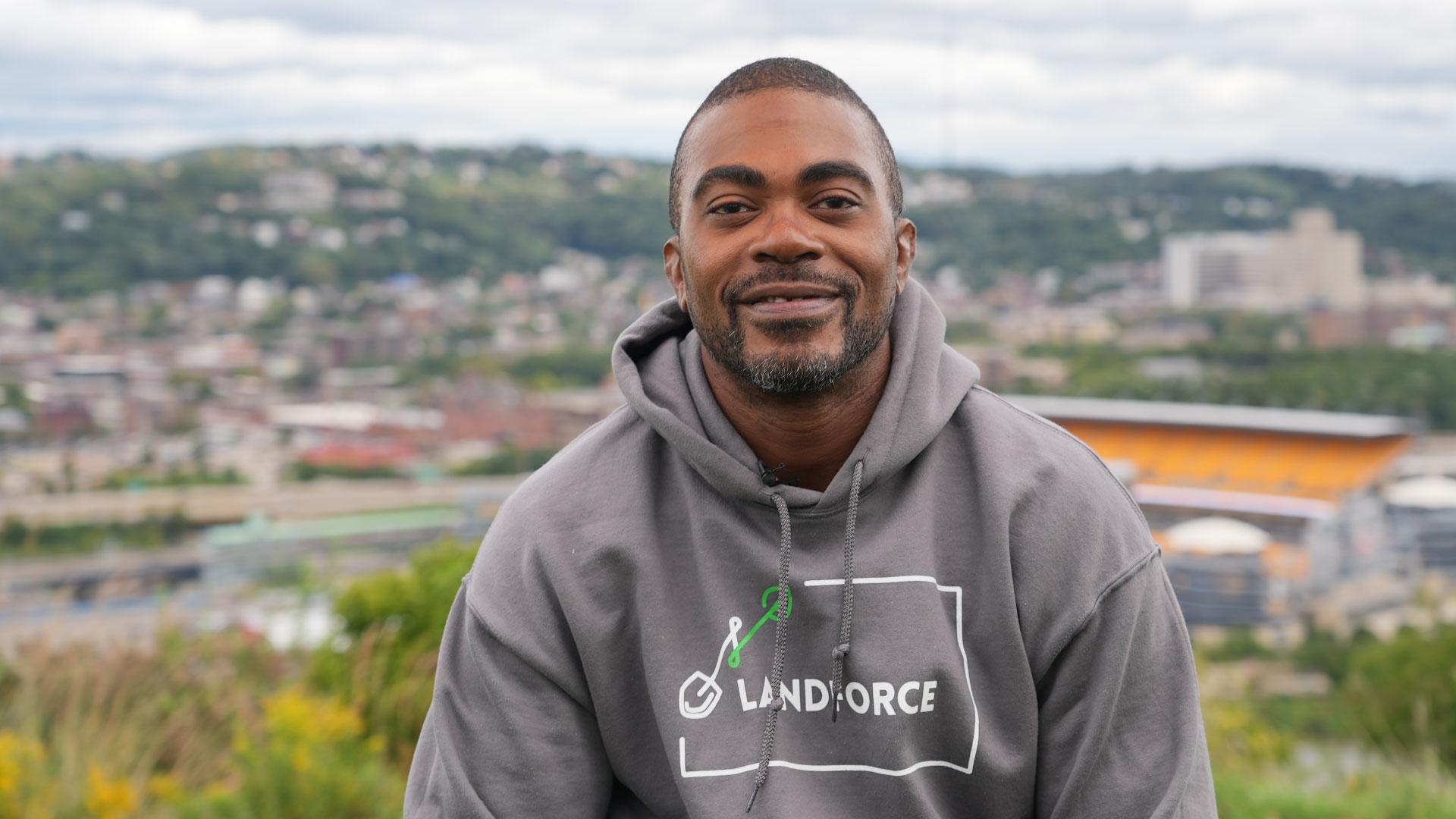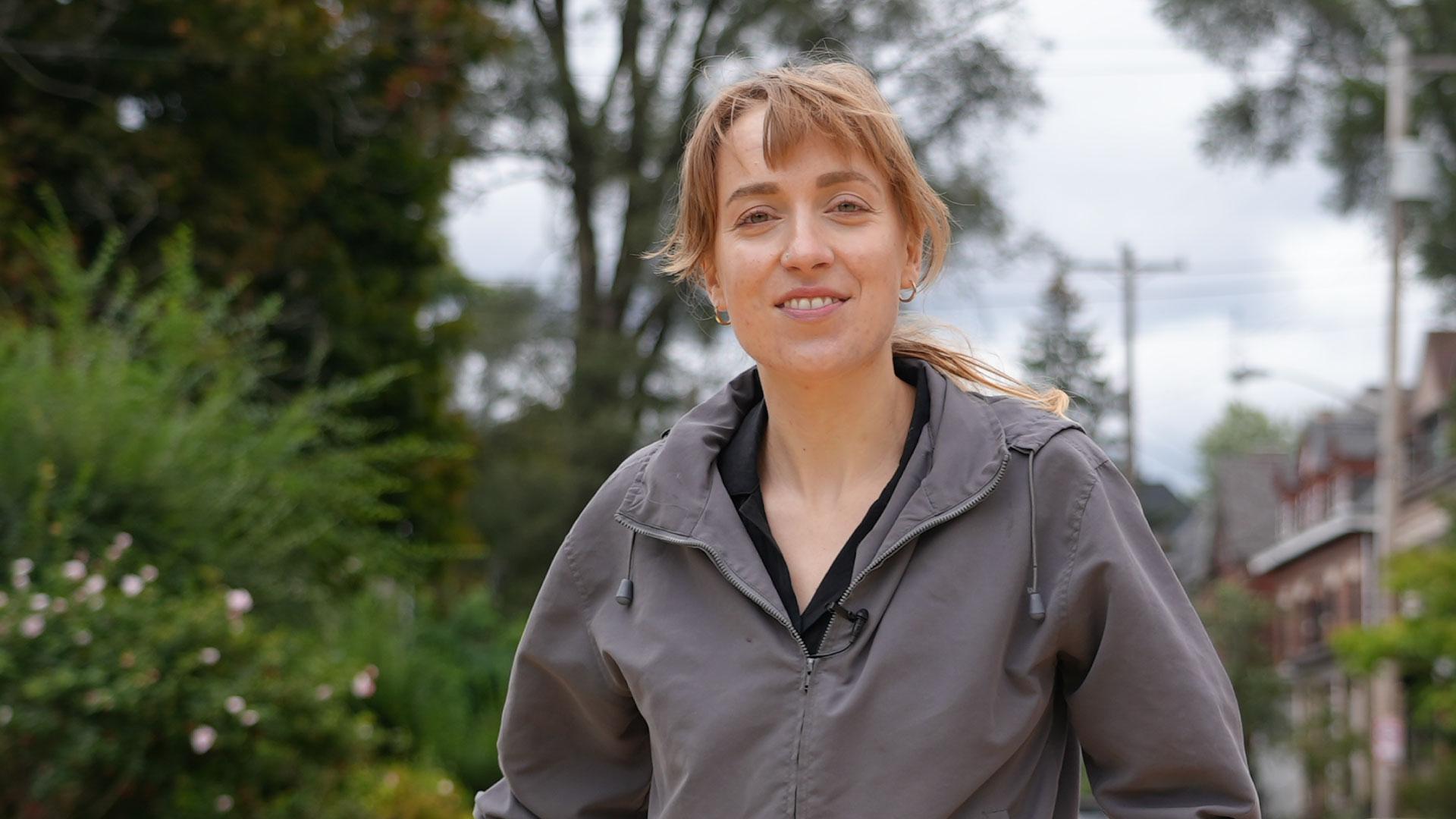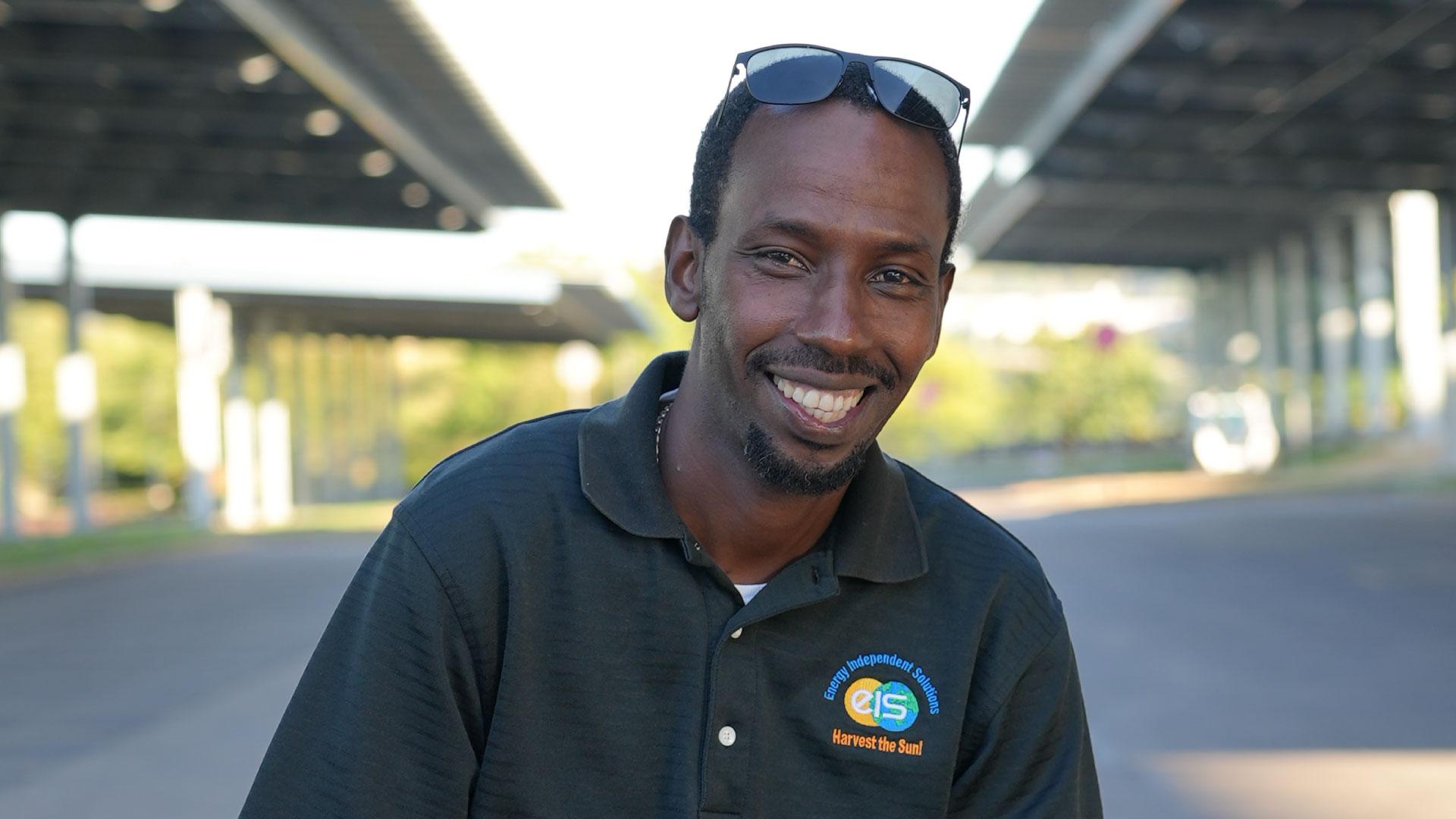Erica Cochran Hameen: Climate Solutions & Equity Go Hand in Hand
In this Episode
Erica’s Story
Climate change and equity go together, they are inseparable, and it is important to infuse those interconnections into our conversations, decision-making, and just solutions for the climate crisis. Erica has dedicated her career to addressing the intersections of climate change and social justice, and often in unexpected ways, through her role as an architect leading sustainable design and retrofitting existing buildings, and as a professor and researcher at Carnegie Mellon University. Through her groundbreaking and interdisciplinary work on equity, Erica is spreading the message that what architects and engineers do matter for closing the gaps on racial and economic inequities that exist in our built environment because it will result in more climate justice for all of us.
Discussion Questions
One of the most important things you can do when it comes to climate change is talk about it.
-
Growing up, Erica would take her toys apart and then put them back together. She did not realize that this spirit of curiosity helped her think critically about the world around her and eventually inspired a pathway to her future career as a problem solver for our built environments. What are some interests that you had as a child or are good at now? How could these interests or talents lend to your future studies or even your career?
-
More people today are investing in conversations to talk about the inequities present in our systems and built environments; police brutality; access to clean air, water, quality education; and environmental injustice. What are the links between climate change and racial justice and why are these subjects important to talk about together?
-
Erica uses her role as an architect to center equity, creating built spaces that can be enjoyed by all people. One eye-opening experience that Erica describes was early in her career as an architect when she started noticing stark differences in public school buildings. Some of the buildings were beautiful, rich in resources, and others were falling apart. Erica was curious to learn more, and her research uncovered statistical correlations that buildings with poor infrastructure were in fact overwhelmingly sited in Black, brown, and low-income communities that were already disadvantaged. What are your thoughts when you hear about Erica’s eye-opening correlations between poor school buildings and poor educational experiences? Have you noticed gaps in our built infrastructure depending on the neighborhood? How can we create equitable solutions to these kinds of problems?
-
One of the solutions that Erica is working on is retrofitting, which is improving existing buildings and making them more sustainable, energy-efficient, and healthier for people. In what ways could your school building benefit from retrofitting? How can you bring ideas for improvements to your school administrators?
-
The world we live in, is as complex, multidisciplinary, and interconnected, as is the dynamic nature of climate change. Erica’s career demonstrates that we don’t have to be just one thing, to focus on one area alone. We can take seemingly disparate interests and combine them. What are examples of solutions that address the intersectionality of climate change? What do you think about approaches that combine different subjects, like science with art, or architecture with equity?
-
Pittsburgh has the second-highest energy poverty rate for African Americans of any city in America. Erica’s dream is to get rid of energy poverty, which is the lack of access to affordable, reliable, sustainable energy. Essentially energy poverty can mean having to choose between eating and heating the place where you live. Erica says, “It shouldn’t matter how much money you make, what country you are from, it shouldn’t matter your religion. You should be able to go home, to a house that is comfortable in the summer and in the winter.” What can you do to research existing solutions to energy poverty at the community level? What ideas do you have of your own to address this critical equitable need?
Learn More
- Learn about the solutions in this story.
-
Solution Sector: Electricity
-
For more on all of the Drawdown climate solutions, visit drawdown.org/solutions.
-
Learn more about the work Erica does: Carnegie Mellon School of Architecture, LEED: Leadership in Energy and Environmental Design, Phipps Conservatory, Hurricane Katrina and Justice, Energy Poverty, Heat Stroke (Infographic)
Explore Climate Solutions 101, the world's first major educational effort focused solely on solutions. This video series combines Project Drawdown’s trusted resources with the expertise of inspiring voices from around the world: drawdown.org/climate-solutions-101.
Take Action
-
Drawdown Ecochallenge is a fun and social way to take measurable action on the top solutions to global warming. Take the challenge, and see how a few weeks of action add up to a lifetime of change for you and the planet. If you want to take action on Buildings like Erica is, visit drawdown.ecochallenge.org/challenges/action-track-building-resilience.
- ChangeX connects people with proven ideas for strengthening communities with the resources needed to start them. Explore countless ways to improve your community and help the world reach drawdown.
-
Climate Generation's Green Careers for a Changing Climate Instructional Supplement (for Grades 6-8) contains resources to help young people learn about Green STEM Careers — careers that can help solve the impacts of climate change using STEM skills. Throughout this instructional supplement, students will be using the resource Drawdown to make important connections to solutions that these careers will implement.
Sign up to receive updates, provide ideas, and tell us how you might share Drawdown’s Neighborhood in your community.



